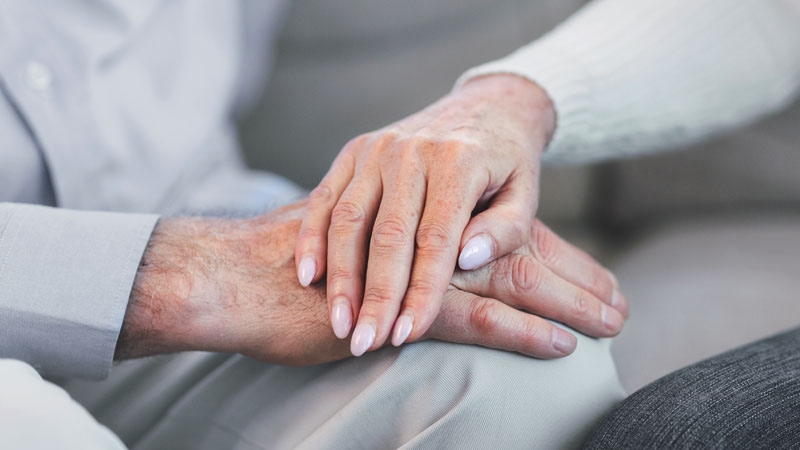The described study was published as a preprint on Research Square and has not been peer-reviewed.
Key Takeaways
-
Self-care in patients with heart failure was directly related to anxiety and depression.
-
Anxiety had a greater impact on self-care than depression.
-
Self-care behaviors in patients with heart failure deserve more attention.
Why This Matters
-
Better patient self-care can lead to more effective management of pain, depression, and anxiety; longer life expectancy; and a higher quality of life.
-
There have been limited studies examining interactions between self-care, anxiety, depression, and religious attitudes. Understanding these interactions may have clinical implications.
-
Results from this study suggest that finding ways to reduce the anxiety and depression of patients with heart failure can lead to better self-care and overall patient health.
Study Design
-
This was a descriptive cross-sectional study.
-
The authors examined 114 patients in cardiac intensive care units in Iran from January to August 2020 who were willing to participate and complete questionnaires. The patients must have had a confirmed diagnosis of heart failure for more than a year and no underlying neurologic conditions.
-
The questionnaires collected demographic information, self-care behavior, and religious attitudes, and were used to evaluate anxiety and depression.
-
Data were analyzed using statistical software and descriptive statistics.
Key Results
-
The mean age of patients was 55 years, and the most common underlying diseases were hypertension (15.8%) and diabetes with hypertension (14%).
-
The measured mean self-care behavior score was moderate (38.92 ± 7.86).
-
The mean scores were also moderate for anxiety (9.83 ± 4.22), depression (9.61 ± 4.75), and religious attitude (69.05 ± 10.08).
-
Self-care was significantly associated with anxiety and depression (P < .001), and the impact of anxiety was higher than that of depression.
-
Self-care, anxiety, and depression were not significantly related to religious attitude.
Limitations
-
The study had a small sample size, which limits the ability to generalize the results to larger populations.
-
The global pandemic may have given patients additional anxiety while also changing the way some patients received care.
Disclosures
-
The authors declared no conflicts of interest.
-
Ahvaz Jundishapur University of Medical Sciences provided a grant that funded the research.
This is a summary of a preprint research study, The Relationship Between Self-care Behaviors with Religious Attitudes, Anxiety, and Depression in Patients with Heart Failure, written by Nahid Kashisaz and colleagues from the Ahvaz Jundishapur University of Medical Sciences, and provided to you by Medscape. This study has not yet been peer-reviewed. The full text of the study can be found on ResearchSquare.com.
Source: Read Full Article



